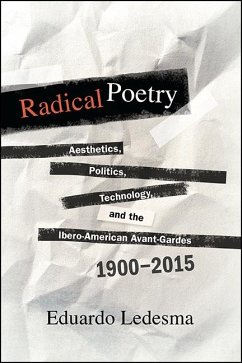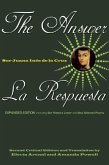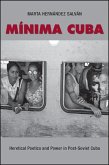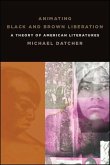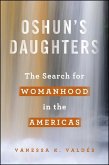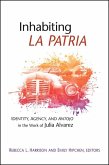With a broad geographic and linguistic sweep covering more than one hundred years of poetry, this book investigates the relationships between and among technology, aesthetics, and politics in Ibero-American experimental poetry. Eduardo Ledesma analyzes visual, concrete, kinetic, and digital poetry that questions what the "literary" means, what constitutes poetry, and how, if at all, visual and verbal arts should be differentiated. Radical Poetry examines how poets use the latest technologies (cinematography, radio, television, and software) to create poetry that self-consciously interrogates its own form, through close alliances with conceptual and abstract art, performance, photography, film, and new media. To do so, Ledesma draws on pertinent theories of metaphor, affect, time, space, iconicity, and cybernetics. Ledesma shows how José Juan Tablada (Mexico), Joan Salvat-Papasseit (Catalonia), Clemente Padín (Uruguay), Fernando Millán (Spain), Décio Pignatari (Brazil), Ana María Uribe (Argentina), and others turn words, machines, and, more recently, the digital into flesh, making word-objects "come alive" by assembling text to act and seem human, whether on the page, on walls, or on screens.
Dieser Download kann aus rechtlichen Gründen nur mit Rechnungsadresse in A, D ausgeliefert werden.

